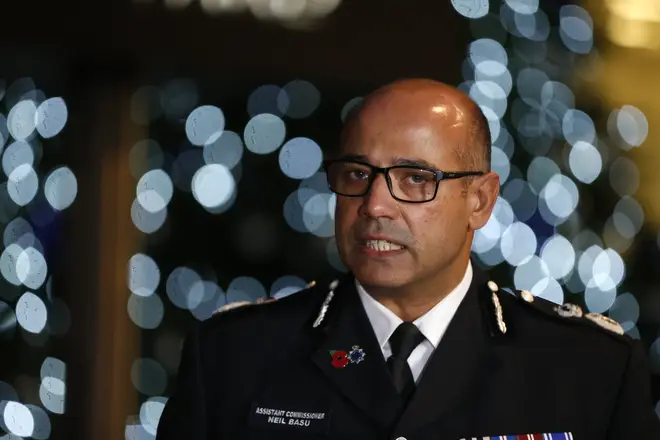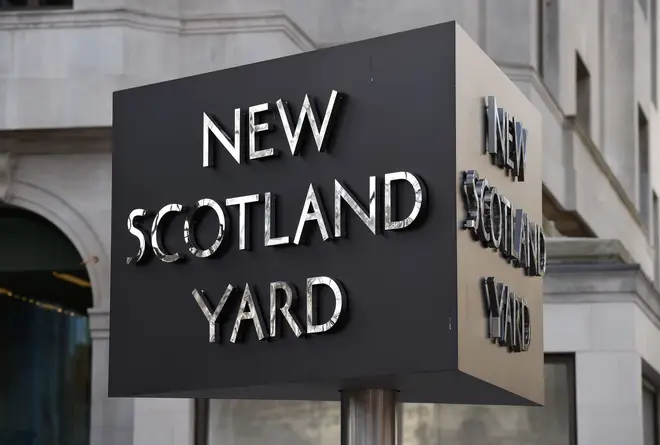
Richard Spurr 1am - 4am
20 July 2020, 13:59

Police have been urged to drop the terms "Islamist terrorism" and "jihadi" when describing terror attacks.
The reform has been requested by a Muslim police organisation, who have proposed alternative phrases to be used to describe attacks by those who claim Islam as their motive.
Alternatives being suggested include “faith-claimed terrorism”, “terrorists abusing religious motivations” and “adherents of Osama bin Laden’s ideology”.
The organisation has said that the use of "Islamist terrorism" and "jihadi" in an official capacity have fueled negative perceptions and stereotypes, discrimination and Islamophobia.
“Islamist extremism” is one of the terms used by counterterrorism experts and police to label attackers according to their claimed ideology.
“Extreme right-wing” and “Northern Ireland-related” are also used by police to describe specific ideologies.
In recent years, attacks including the London bombings of 2005 the Westminster attack, London Bridge and Manchester Arena have been formally attributed to “Islamist terrorism."

Last month, the national head of counterterrorism policing Assistant Commissioner Neil Basu, discussed phrasing around terror attacks at an event attended by attack survivors, victims’ relatives, academics, experts and advocacy groups.
The National Association of Muslim Police has proposed “a change in culture by moving away from using terms which have a direct link to Islam and jihad as these do not help community relations and public confidence.”
It suggested an Arabic word unrelated to religion: “Irhabi is commonly recognised to mean terrorist within the Middle East and could be used to describe people that hold extremist ideologies.”
It said “jihad” should be dropped because the Arabic for “struggle” may refer in Islam to "practising faith and good deeds as well as physical struggle for the purpose of self-defence only."
Rizwan Mustafa, a former West Midlands police officer turned lecturer at Huddersfield University, said Muslims in counter-terrorism were uncomfortable about “Islamism” and “jihadi” as “pejorative and depicting the religion of Islam, their own belief, as violent and belligerent”.
He proposed the description “faith-claimed terrorism” and said: “I would suggest that organisational figureheads are utilised as the point of association."
David Toube, of the counter-extremism think tank Quilliam, who attended, told The Times: “People do not like to feel that they are being told only the partial truth . . . there is a serious problem with Islamist terrorism. The use of any term that obscures that fact risks damaging public trust in the police.”
Chief Superintendent Nik Adams, the national co-ordinator for the deradicalisation programme Prevent, said Muslim officers were “concerned that terminology may contribute to the stigmatising of innocent Muslims in the UK”.
He said: “Mr Basu encouraged honest and open discussion from all sides and did not at any point suggest that terminology was definitely going to change, simply that it was right that we have an evidence-based discussion about it. We have no plans to change the terminology we use at present but welcomed the debate and contributions.
“It’s vital we get our terminology right to define the threat accurately and succinctly but also to avoid alienating communities crucial to our efforts.”
However, in a statement to The Times, police said there is no certainty over whether the proposed changes will go ahead.